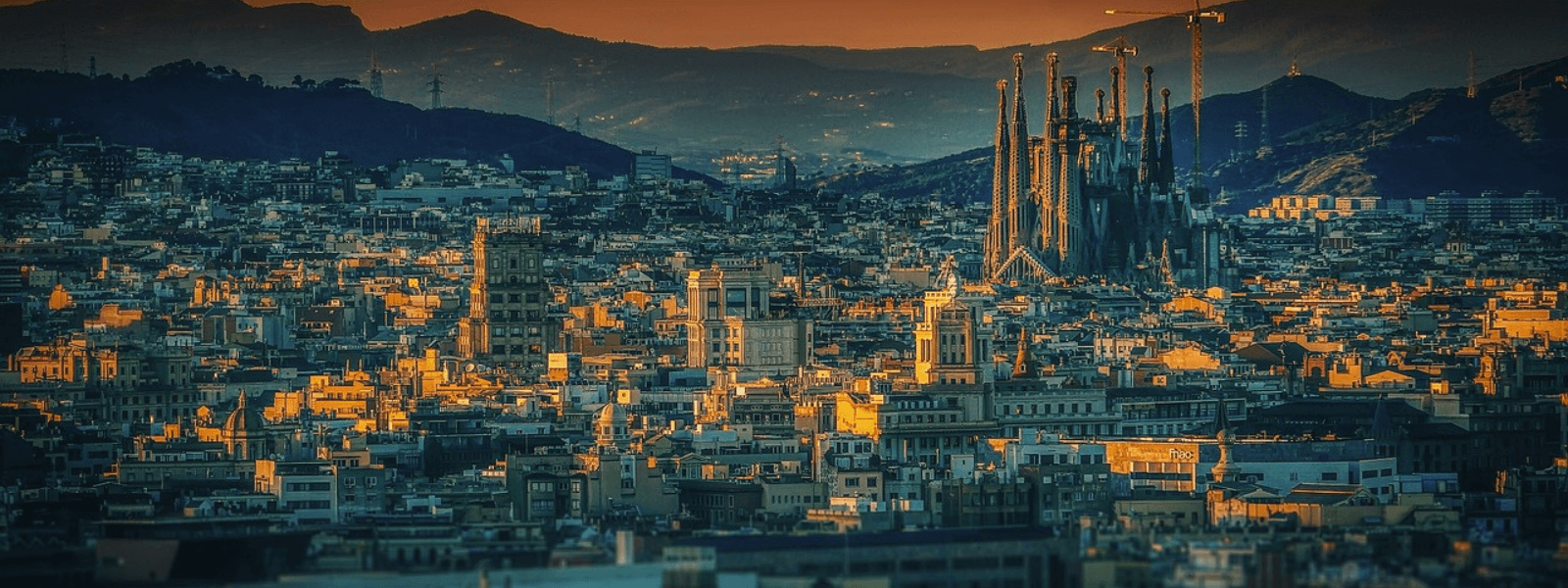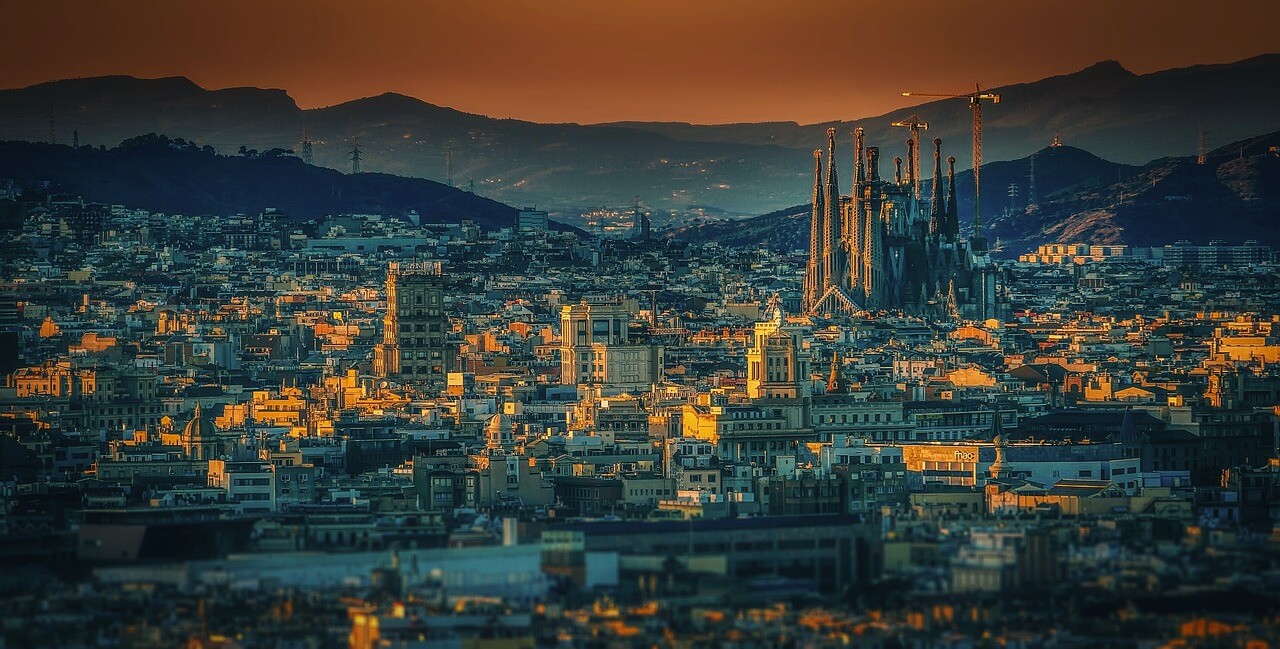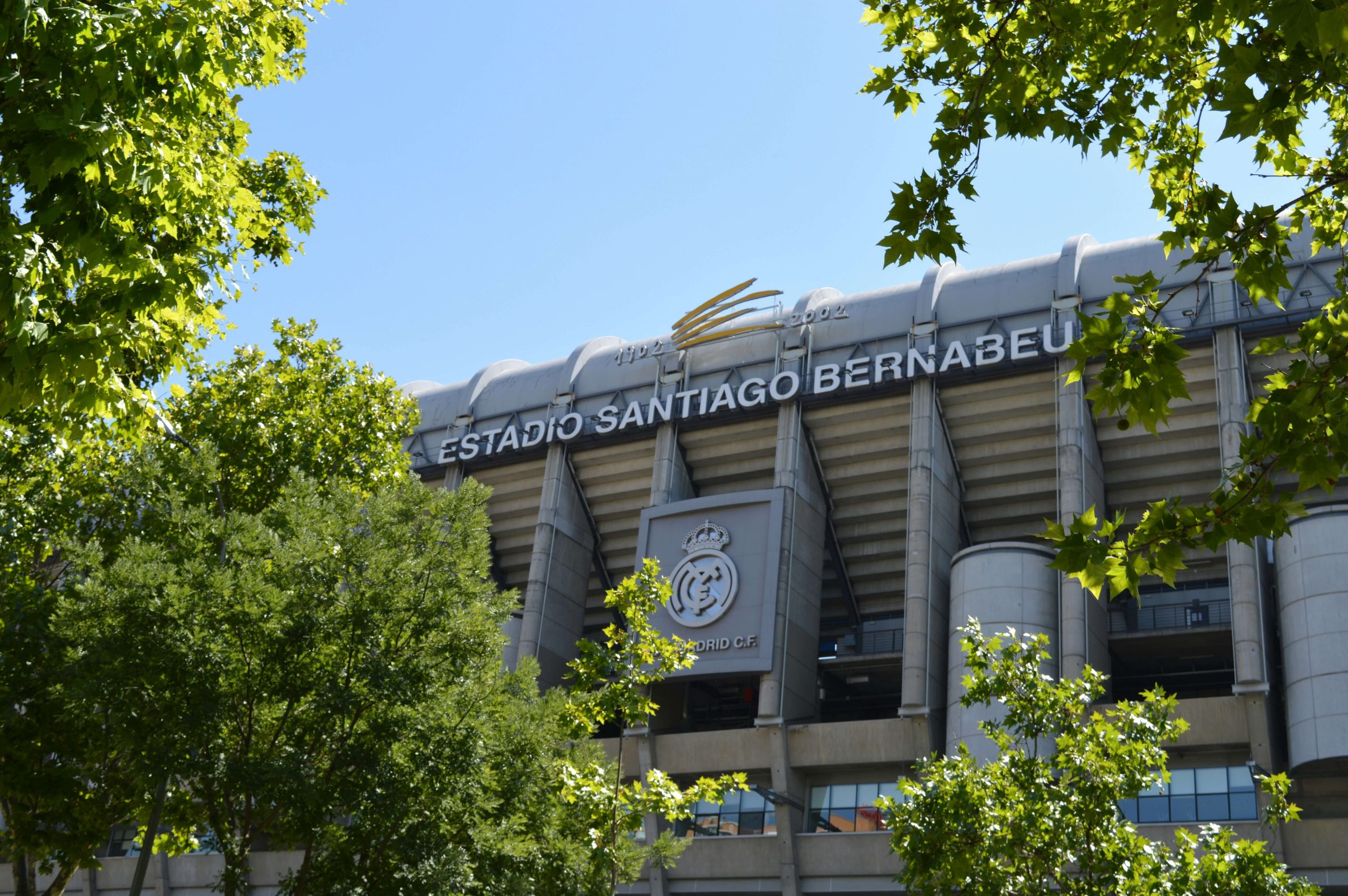
European Football Championship 1964
After successfully organizing the first European Football Championship held in 1960 in France, the qualifiers for the next edition started just two years later. Like the first, the competition was still officially called the European Nations Cup, and Spain was chosen as the host. Spain hosted the final tournament for four teams, as was the first time, and these teams secured their places through several rounds of qualifications.

Photo: unsplash.com.
Qualifications
From June 1962 to April 1964, the qualifications for this tournament were held. They were divided into several phases, with 29 teams participating. West Germany did not participate again as they wanted to better prepare for the next World Cup, while Greece withdrew when they saw they would play against the team from Albania. 26 teams participated in the preliminary round. After two matches, Sweden, Albania, Denmark, the Republic of Ireland, France, Northern Ireland, Spain, Yugoslavia, Bulgaria, Hungary, the Netherlands, East Germany, and Italy advanced to the next round. Austria, Luxembourg, and the Soviet Union—which had a guaranteed pass—joined them. After the round of 16, Spain, Sweden, Denmark, Luxembourg, the Republic of Ireland, France, the Soviet Union, and Germany won. Sweden defeated the Yugoslav team in this round with a total score of 3:2.
In the decisive matches for a spot in Spain at the final tournament, Denmark, after even three matches (one had to be replayed), beat the absolute surprise of the qualifications, Luxembourg. Spain was convincing against the Republic of Ireland, Hungary defeated France, and the Soviet Union beat the team from Sweden.
Host Country
Spain was the host of the second European Football Championship. Although there was still profound political interference in sports at the time, Spain managed to secure hosting for the best European national teams. The matches were played in Madrid and Barcelona. In Madrid, it was Real Madrid’s stadium, “Santiago Bernabeu,” and in Barcelona, the stadium of the club of the same name, “Camp Nou.” The championship lasted four days, starting on June 17 and ending on June 21, 1964.

Barcelona, one of the two host cities. Photo: pixabay.com.
Participating Teams
After the qualifiers, Spain, Hungary, Denmark, and the Soviet Union, which hoped to defend their title won four years earlier, secured their places in Spain. The Spanish team was led by the excellent duo of Luis Suarez and Amancio Amaro, giving them a good chance to triumph in their homeland.
Knockout Phase
Spain took the lead in the 35th minute with a goal from Pereda in the match against Hungary in Madrid. This score remained almost until the end of the match, when Hungarian player Bene surprised everyone at the stadium with a goal in the 84th minute, sending the match into overtime. The Spaniards were anxious until nearly the end, but the brilliant Amancio Amaro scored in the 112th minute, thus leading his team to the final.
In the other semifinal, the Soviet Union had no major trouble in their clash with Denmark. Voronin put the Soviet Union ahead in the 19th minute, which Ponedelnik doubled in the 40th minute. Ivanov put the final touch on the victory and their passage to the final three minutes before the end, sending the Soviet Union into the final for the second consecutive time.
Final and Third Place Match
In the battle for third place, the Hungarian team played against Denmark. Although it seemed that the Hungarians would easily handle the real underdog of this Championship, the Danes did not give up so easily. The Hungarian team took the lead in the 11th minute with a goal by Bene. However, in the 82nd minute, Danish player Bertelsen shook the Hungarian net, sending this duel into overtime. In it, Hungary proved better, triumphing with goals from Novak in the 107th and 110th minutes. In the grand final, at the packed “Santiago Bernabeu” stadium in Madrid, Spain played against the Soviet Union. It was not only a duel of teams with top field players, but also a clash of great goalkeepers – on one side was the youthful Jose Angel Iribar, and on the other stood the already legendary Lev Yashin. Spain was a slight favorite, primarily because it played in Spain.
The Spaniards were the first to score in the final – Pereda found the net in the 6th minute. The response from the Soviet Union players was swift. Just two minutes after Spain’s goal, Khusainov scored, equalizing the match. Just when it seemed the match might go into overtime, Marcelino gave the Spaniards the lead in the 84th minute. It turned out to be the final score of the final, meaning Spain became the new European football champion.

Venue of the final match – “Santiago Bernabeu” stadium. Photo: unsplash.com.
Statistics
A total of 13 goals were scored at this European Championship, with Hungarian players Bene and Novak and Spanish player Pereda scoring two goals. The tournament team included six players from the winning team: Olivelja, Rivilja, Zoco, Pereda, Suarez, and Amancio Amaro. From the Soviet Union, Yashin and Ivanov were included, and from Hungary, Novak, Albert, and Bene.
Legacy and Impact
The second European Football Championship had already established a reputation as a significant competition, even though not all teams appeared in the qualifiers. The path had been paved, and it was only necessary to continue working on the importance and expansion of the competition.
Interesting Facts
This time, the Spanish federation chose to compete against the Soviet Union team because of General Franco’s political influence. However, they had refused to do so in the qualifiers for the previous European Championship.



